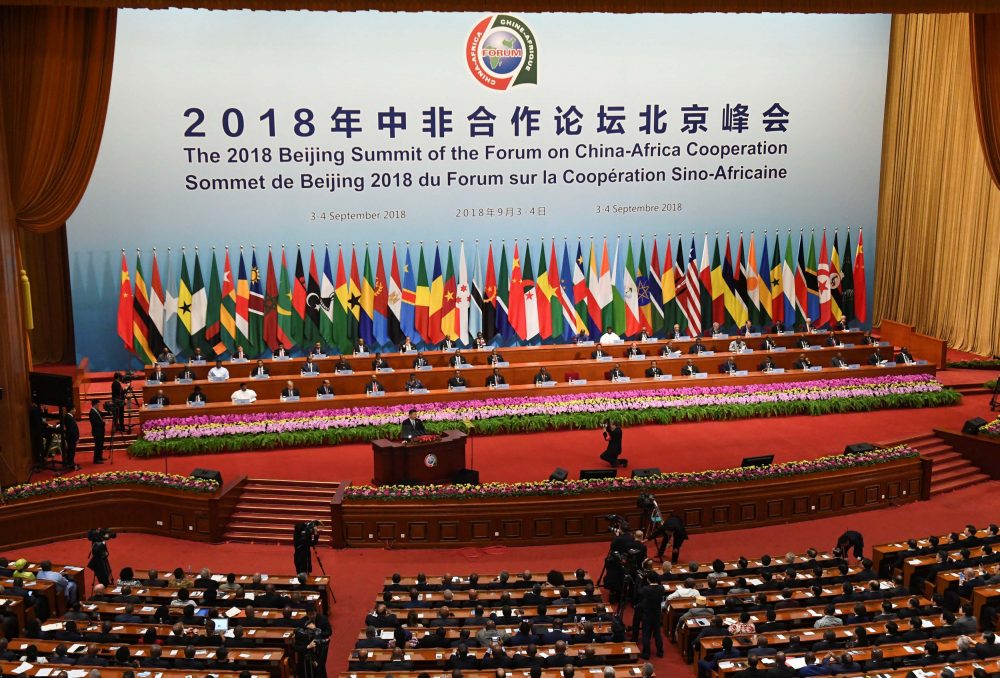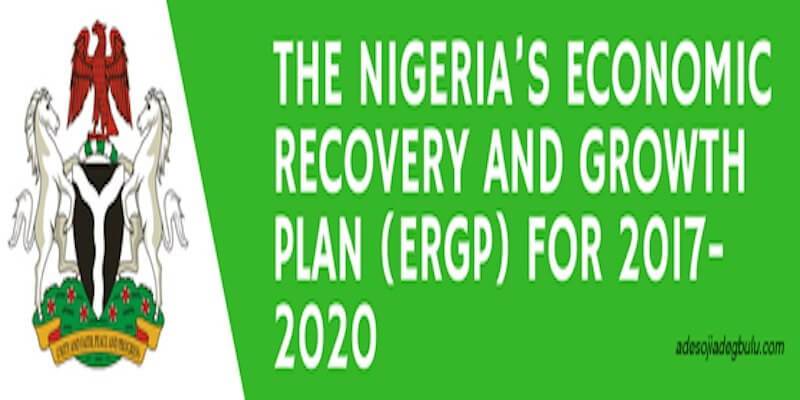At a time President Muhammadu Buhari has averred that Chinese loans are not debt traps, more informed international affairs analysts and China foreign policy experts have argued that lack of transparency in Chinese lending will increase Africa’s debt burden going forward.
Africa has borrowed well over $130bn since the year 2000 before the latest $60bn announced at the third Summit of the Forum on China-Africa Cooperation (FOCAC) being concluded in Beijing this week.
Leading the pack of arguments is the Executive Director of Jubilee USA Network, a coalition of religious, development and advocacy groups that works on debt, tax, trade and transparency policies that help end poverty, Eric LeCompte.
According to him, Chinese lending lacks the level of transparency that other lending agreements have. This lack of transparency he says will “increase Africa’s debt burden.”
LeCompte argued further that in an interview with Ghana Business News that the situation is driven by the lack of what he calls “responsible lending rules in the international system.”
“China is benefiting from the lack of rules now,” he said.
The pledge of $60 billion includes $15 billion of aid, interest free loans and concessional loans, a credit line of $20 billion, a $10 billion special fund for China-Africa development, and $5 billion special fund for exports.
He pointed out that since the year 2000, African countries have borrowed about $130 billion from China.
LeCompte made reference to the period from 2001 to 2005, noting that during that period, growing lending led to debt forgiveness and “debt forgiveness led to economic growth in Africa, but lately the debt burden is growing. You have problems when countries cannot pay,” he said.
According to him, the Chinese are taking advantage of the debt situation to take natural resources from these countries.
While noting that “It is absolutely imperative that we find other means to finance African countries,” he called for laws to tackle tax avoidance and illicit financial flows from which African countries are losing billions of dollars.
Besides, former Nigerian Minister of Education and ex-World Bank chief, Dr Oby Ezekwesili in her reaction to the African loan spree in China, condemned the loan agreement describing it as a bad deal.
According to her, Nigerian leaders are being naive in making deals with China.
In a post on her Twitter page, she wrote in parts: “The Chinese know exactly what they are doing. If you read their Loan Agreements with African countries, you will see how tight they cover their exposure. Meanwhile, our own leaders go there to naively, gleefully and with a huge dose of inferiority complex, sign on to bad deals.
“Chinese attitude to Indebtedness is the hardest in the world. I know, because one had to deal with it in the course of my work at the World Bank, helping African countries to get the HIPC Debt Cancellation.“It annoys me to no end to see our countries BINGING on Chinese Loans.”
From today, attending African leaders to the just concluded third Summit of the Forum on China-Africa Cooperation (FOCAC) will be leaving the Chinese capital of Beijing with sealed agreements that will move billions of Chinese hard earned dollars to Africa for one project or the other.
Already, during his opening speech on day one of the summit, Chinese leader, Xi Jinping announced the readiness of $60bn for African leaders to borrow with conditions that have failed international best practices tests. Such release of fund also characterized the Johannesburg summit of the second Summit of the Forum on China-Africa Cooperation (FOCAC), held in South Africa earlier.
However, whereas several pundits have continued to observe that Chinese pledges and lending to Africa are believed to be laced with ensnaring applications that can grossly increase the continent debt burden, President Buhari said “These vital infrastructure projects synchronise perfectly with our Economic Recovery and Growth Plan (ERGP). Some of the debts incurred are self-liquidating. Our country is able to repay loans when due in keeping with our policy of fiscal prudence and sound housekeeping.”
He noted that Nigeria was also leveraging on Chinese funding to execute $3.4 billion worth of projects at various stages of completion.
The projects are the upgrading of airport terminals, the Lagos-Kano rail line, the Zungeru hydroelectric power project and fibre cables for our internet infrastructure.
He said with the support of the Chinese under FOCAC, Nigeria has been able to address significant challenges in the areas of infrastructure, human capacity development, power, transport, agriculture and humanitarian assistance.
According to him, “For Nigeria, our partnership with China through the FOCAC platform has resulted in the construction of the first urban rail system in West Africa. This $500 million project in Abuja was commissioned in July this year”.
President Buhari further noted that the support has also led to the construction and operation of the first rail system in Africa that uses modern Chinese standards and technology.
According to him, the aforementioned projects demonstrate the Chinese government’s high level of consistency and commitment in boosting its relations with African countries under the umbrella of FOCAC.







